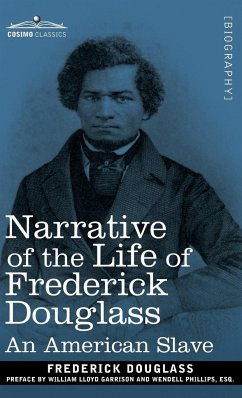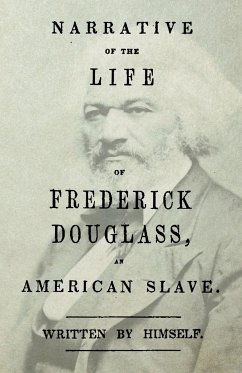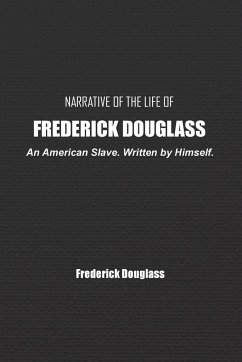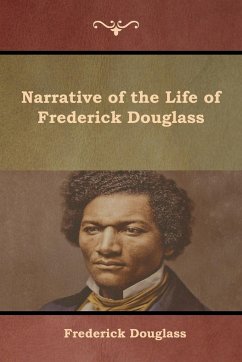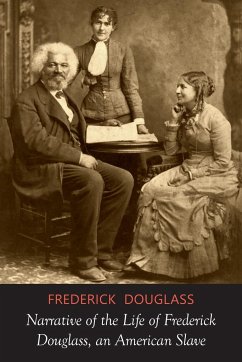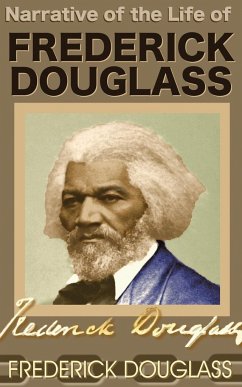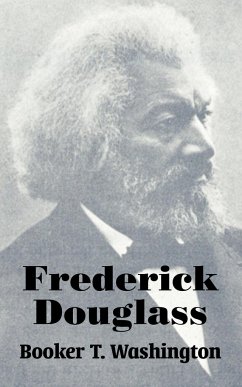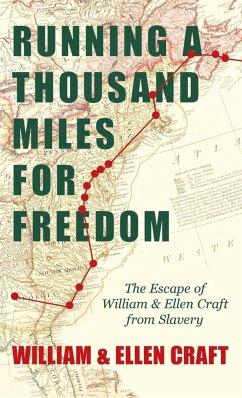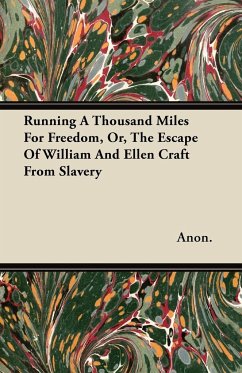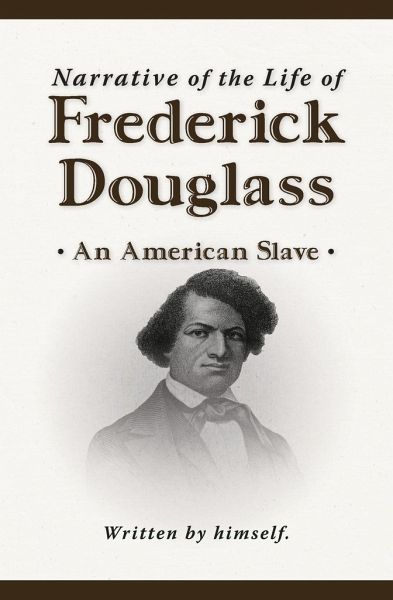
Narrative of the Life of Frederick Douglass (New Edition)
Versandkostenfrei!
Versandfertig in 1-2 Wochen
31,99 €
inkl. MwSt.

PAYBACK Punkte
16 °P sammeln!
Self-freed slave. Activist. Abolitionist. Writer. Orator. Hero. The first of the great statesman's memoirs, Narrative of the Life of Frederick Douglass, was published in 1845, nearly seven years after he escaped from slavery in Maryland and settled in Massachusetts with his wife, Anna. The book's vivid portrayal of the brutality of slavery, coupled with Douglass's skill as a speaker, inflamed hearts and minds across the United States, and around the world.



